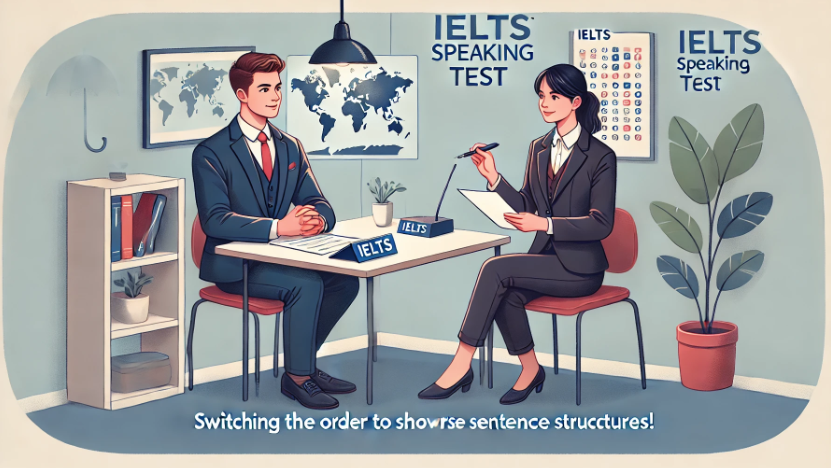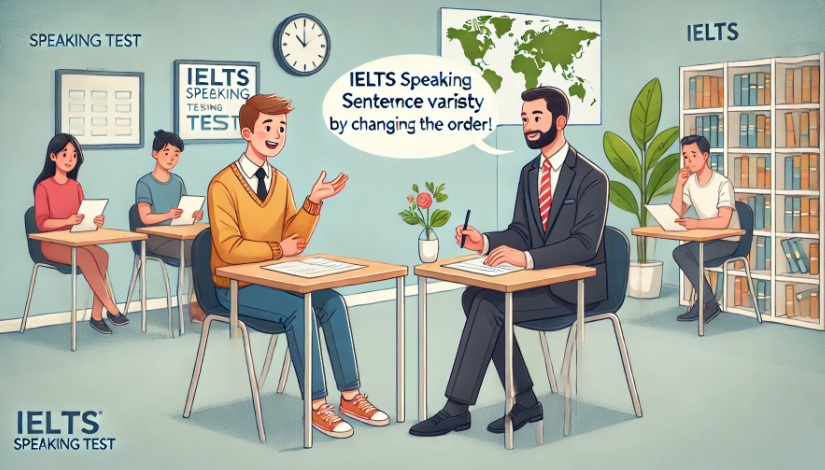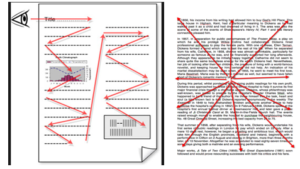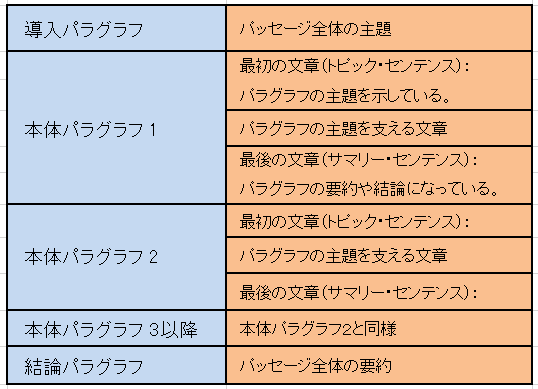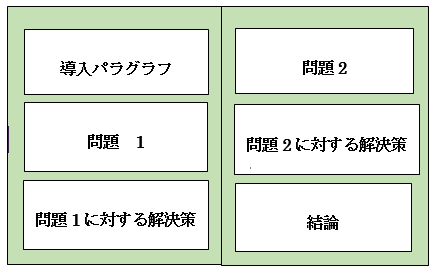IELTS受験者にとって、スピーキングテストで使えるフレーズを覚えることは重要です。ボキャブラリーが少ないと、いつも”I think….”で文章を始めてしまいがちですよね。しかし、特定のフレーズばかりを使用していると、IELTSの評価基準である「Fluency and coherence」や「Lexical resource」の評価が下がってしまい、ハイスコアを取ることができません。
IELTS スピーキング パート1では、受験者自身に関する質問や日常生活に関する質問に答えます。質問自体は難しくありませんが、回答がワンパターンにならないよう注意しましょう。 個人的な経験や思い出を話す際に使えるフレーズを使い分けることで、スピーキングが豊かになり、評価もアップします。
自分の経験を話すときに使えるフレーズ
- Back when I was 〜 (私が〜だったときに)
Back when I was a college student, I traveled around Europe by train.
2. The first time I〜 (初めて〜したとき)
The first time I tried sushi, I instantly fell in love with it.
3.There was a time when 〜 (〜した時期がありました)
There was a time when I used to go hiking every weekend.
4. I’ll never forget the time when 〜 (〜したときのことは忘れません)
I’ll never forget the time when I first met my best friend.
5. In the past, I used to〜 (以前は、私はよく〜)
In the past, I used to swim competitively.
6. It brings to mind the moment when 〜 (それは〜した瞬間を思い出させます)
It brings to mind the moment when I graduated from high school.
It brings to mind the moment when I saw the sunrise at the beach.
7. I clearly recall 〜 (はっきりと〜を覚えています)
I clearly recall the day I moved into my first apartment.
8. A memorable experience for me was 〜 (私にとって印象的だった経験は〜)
A memorable experience for me was volunteering in a local shelter.
A memorable experience for me was my trip to the Grand Canyon.
9. I can vividly remember 〜 (〜を鮮明に覚えています)
I can vividly remember the first time I saw the ocean.
10. I can vividly remember 〜 (〜を鮮明に覚えています)
I can vividly remember the first time I saw the ocean.
11. It just occurred to me that 〜 (〜だということを突然思い出しました)
It just occurred to me that I forgot to call my mom.
It just occurred to me that tomorrow is a holiday.
12. I’ve always enjoyed 〜 (私はいつも〜を楽しんでいました)
I’ve always enjoyed reading science fiction novels.
I’ve always enjoyed cooking with fresh herbs.
13. One of my favorite memories is 〜 (お気に入りの思い出の一つは〜)
One of my favorite memories is traveling to Japan with my friends.
One of my favorite memories is baking cookies with my grandmother.
14. I can’t forget the day when 〜 (〜した日は忘れられません)
I can’t forget the day when I moved to a new city.
I can’t forget the day when I got my first pet.
15. I have fond memories of 〜 (私は〜に関して素敵な思い出を持っています)
I have fond memories of summer vacations at my grandparents’ house.
I have fond memories of the concert we attended together.
16. I distinctly remember 〜 (私は〜をはっきりと覚えています)
I distinctly remember the feeling when I received the award.
I distinctly remember the taste of the first meal you cooked for me.
17. I will always remember 〜 (私はいつも〜を覚えています)
I will always remember the times we laughed together until our stomachs hurt.
I will always remember how supportive you were during tough times.
18. I can’t help but recall 〜 (私は〜を思い出さざるを得ません)
I can’t help but recall the funny incidents when we were in school.
I can’t help but recall how we used to chat for hours.
19. There’s one instance when 〜 (一度〜したことがあります)
There’s one instance when I missed the train and had to walk home.
There’s one instance when we danced all night long.
20. The experience that stands out for me is 〜 (私にとって印象的な経験は〜)
The experience that stands out for me is studying abroad in Australia.
The experience that stands out for me is running a half marathon.
21. I cherish the memories of 〜 (私は〜の思い出を大切にしています)
I cherish the memories of our backpacking trip through South America.
I cherish the memories of spending Sundays at the park with my family.
